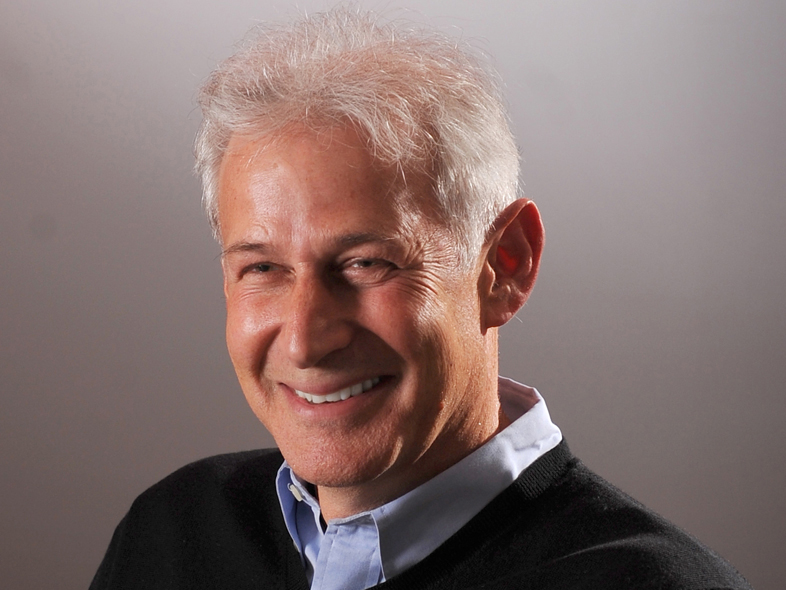
Dr. Jack Shonkoff, a nationally renowned pediatrician, has spent decades advancing the science of early childhood.
Shonkoff has spoken at countless conferences, conferred with policy experts, written “Neurons to Neighborhoods,†a seminal, National Academies of Sciences report on early childhood brain development, and hosted a princess at Harvard’s Center on the Developing Child, where he is shifting from being director to founding director, so that he can go out into the world and start, as he says, “the sixth chapter of my career.â€
And earlier this month, Shonkoff joined The 9:30 Call to share his ideas on how far early childhood science has come and where it should go.
“I would say that those of us who are concerned about early childhood, should be really proud of where this field is and how far it’s come and should be lovingly, constructively dissatisfied with how much of an impact that we’re making,†Shonkoff explains.
Key ideas about the impact of toxic stress, the power of responsive relationships, the value of serve and return interactions have been vital, Shonkoff says, “but that science is 25 years old.â€
These days, Shonkoff is working on launching Early Childhood Development 2.0, a new approach to infusing the science of early childhood development into the lives of children and families.
As part of his journey into the future, Shonkoff went back to the past, taking another look at the famous Perry Preschool Project, a research study that started in the 1960s. The project became a pillar in early childhood research, proof that a high-quality early childhood program could benefit young children.
“There’s no more blood to squeeze out of Perry Preschool,†Shonkoff says, joking about the many ways that the study has been used to convince policymakers that high-quality preschool programs are good for young children and good for society, producing a significant return on investment.
It turns out however, that the Perry Preschool Project does have more to teach. In his recent look at Perry, Shonkoff found that the staff were teachers were certified in elementary education, early childhood education, and early education. They were also well paid, and they received bonuses.
But the key point, Shonkoff says, it that these teachers were adapters. They met weekly to discuss their teaching, understand when it worked and when it didn’t, and make adjustments for children who needed them.
“You can’t have 50 different policies and 75 programs,†Shonkoff says, to meet all the needs that all children have. But what can be done is to have “policies and practices that work for most kids and families. And then you staff [an early childhood program] with people who have the capacity to tailor it and modify it… which is what every good service provider does.â€
This approach also recognizes that each child is an individual who will have a unique response to the world around them. An experience that excites one child will bore another child. A trauma that one child suffers from, another child will grow from.
“For a long time, our center was in the business of making science accessible,†Shonkoff says of the Center on the Developing Child’s decades of work on sharing neurological insights in easily understood language and metaphors. “And I think that was step one, but it’s not remotely enough. We have to make the science actionable.â€
People need to understand the science, Shonkoff adds, and they have to be so inspired by the science that they rethink what they’re doing.
This is how chapter six of Shonkoff’s career starts. He is setting aside administrative duties so that he can accept invitations from anyone who want his help with creating new, science-inspired early childhood programs and policies. He hopes to be active in more conservative states.
“I want to work with people who are dealing with challenges and think I could add value.â€
This includes focusing more attention on prenatal policies and practices and on the first two to three years after birth.
Watch The 9:30 Call YouTube video to learn more. And keep an eye on Shonkoff who will be very busy. As he says:
“The holy grail for me now is increasing impacts, dramatically increasing impacts.â€
